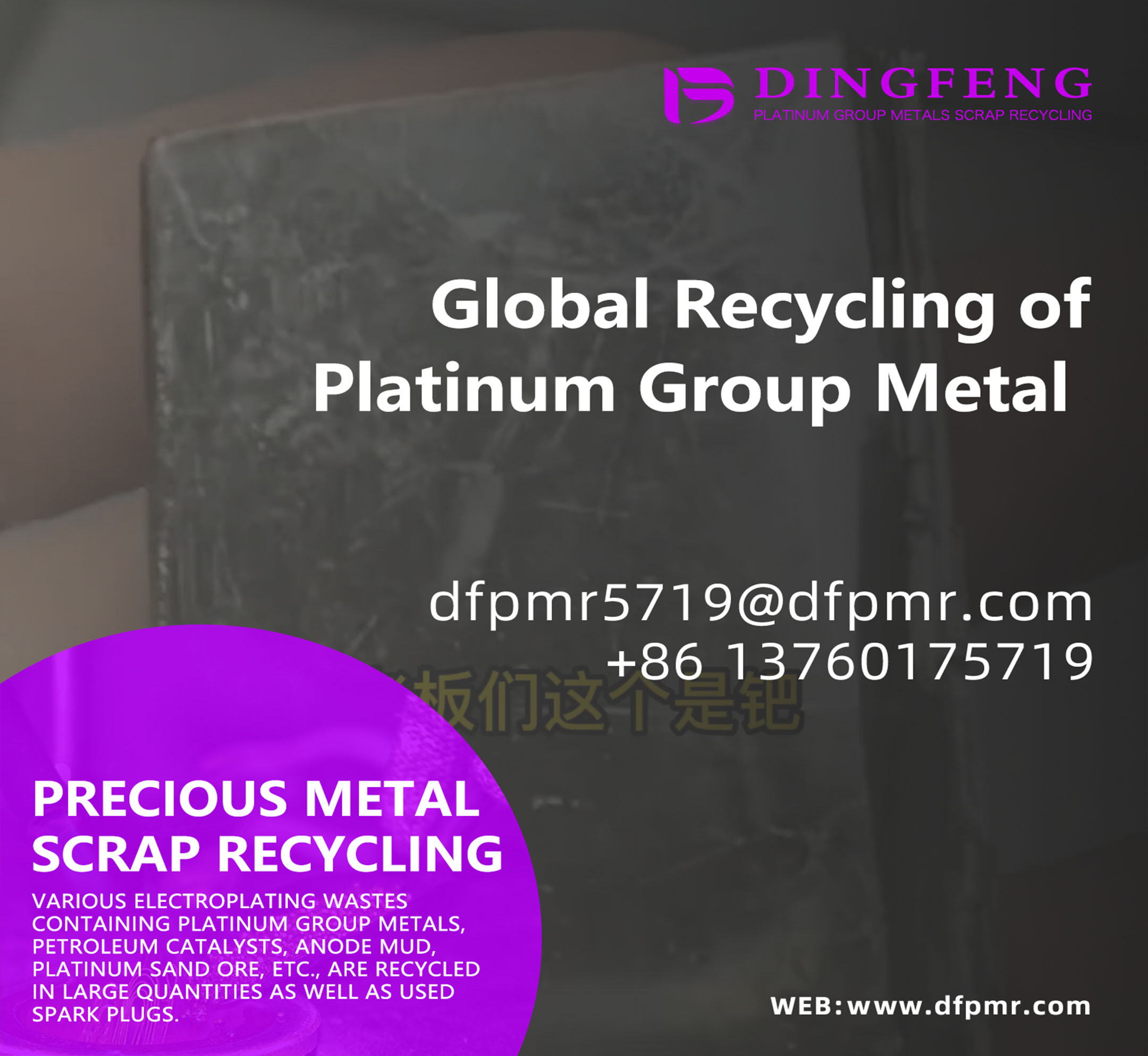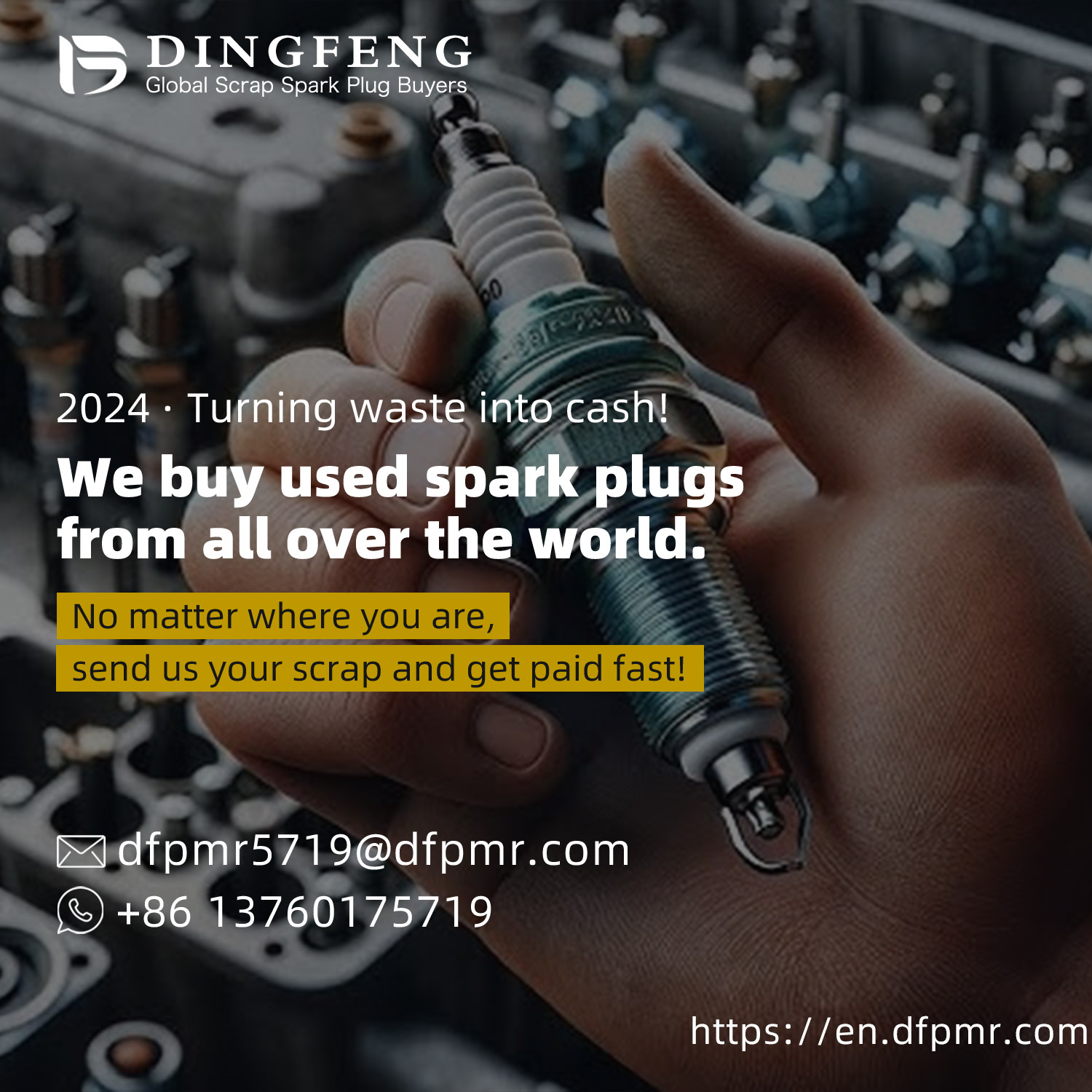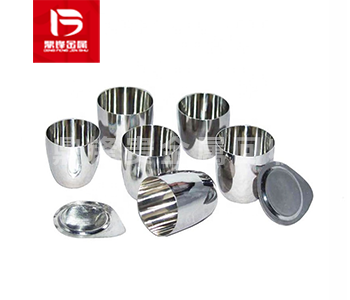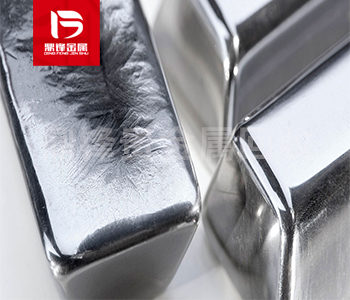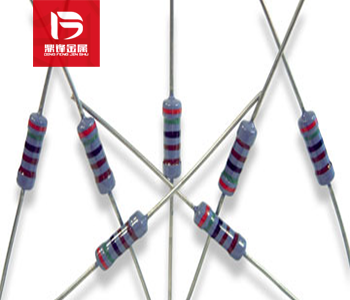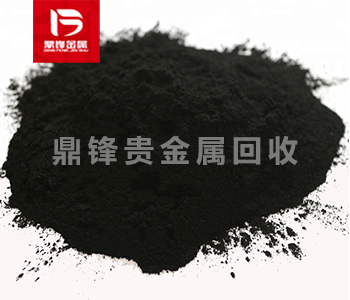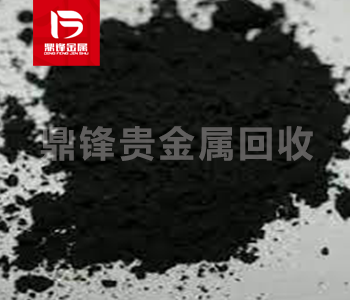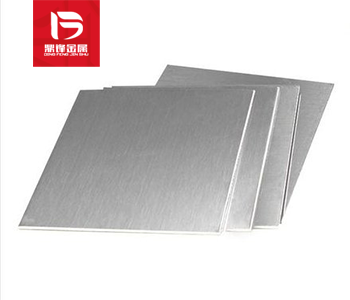Can Spark Plugs Be Recycled? Unlocking the Value of Platinum, Iridium, and Rhodium in Used Spark Plugs
Spark plugs are a vital component in modern combustion engines, ensuring smooth and efficient performance by igniting the fuel-air mixture in the engine's cylinders. While these small parts are often overlooked when it comes to waste, they contain valuable precious metals such as platinum, iridium, and rhodium, making them an excellent candidate for recycling. In this article, we will explore the recycling process of used spark plugs, why it’s important, and how these metals can be recovered and repurposed for various industrial applications.
Product Details
Spark plugs are a vital component in modern combustion engines, ensuring smooth and efficient performance by igniting the fuel-air mixture in the engine's cylinders. While these small parts are often overlooked when it comes to waste, they contain valuable precious metals such as platinum, iridium, and rhodium, making them an excellent candidate for recycling. In this article, we will explore the recycling process of used spark plugs, why it’s important, and how these metals can be recovered and repurposed for various industrial applications.
Why Recycle Used Spark Plugs?
1. Environmental Benefits
Like all forms of electronic and automotive waste, spark plugs contribute to environmental pollution if disposed of improperly. The metals in spark plugs, especially the precious metals, can leak into the soil and water, harming the environment. By recycling spark plugs, we reduce waste, lower the demand for virgin materials, and minimize the environmental impact.
2. Economic Value
Used spark plugs are a source of valuable materials. The platinum, iridium, and rhodium found in spark plugs are in high demand due to their scarcity and unique properties. These metals are essential in various industrial processes, including catalytic converters in vehicles, electronics manufacturing, and fuel cells. Recycling allows these materials to be recovered and reused, reducing the need for mining and the associated environmental costs.
3. Contribution to the Circular Economy
Recycling spark plugs supports the circular economy by keeping valuable metals in the production cycle. Instead of extracting more precious metals from the earth, recycled spark plugs provide a sustainable source of platinum, iridium, and rhodium. This not only conserves natural resources but also reduces the carbon footprint of mining and metal production.
What Metals are Found in Spark Plugs?
Most spark plugs are designed to withstand extreme temperatures and wear, which is why they contain precious metals. The primary metals found in high-performance spark plugs are:
Platinum: Used for its durability and resistance to corrosion, platinum is often found in the electrodes of spark plugs. Platinum spark plugs have a longer lifespan compared to conventional ones, which makes them highly desirable for recycling.
Iridium: Known for its hardness and high melting point, iridium is often used in premium spark plugs. Iridium spark plugs provide better fuel efficiency and ignition performance, making them an important material for recovery.
Rhodium: While less common, some spark plugs, especially those in high-performance or luxury vehicles, contain rhodium. Rhodium is one of the rarest and most valuable metals, and its presence in used spark plugs adds to the potential value of the recycling process.
How Are Used Spark Plugs Recycled?
Recycling spark plugs involves several key steps to ensure the valuable metals are safely extracted and repurposed for reuse in manufacturing and industry:
Collection and Sorting
The first step in spark plug recycling is the collection and sorting of used spark plugs. These plugs may come from a variety of sources, including automotive repair shops, waste management centers, or individuals replacing old spark plugs in their vehicles.
Disassembly and Cleaning
Once collected, the spark plugs are carefully disassembled. The ceramic insulation and steel components are separated from the metal electrodes containing platinum, iridium, and rhodium. The spark plugs are thoroughly cleaned to remove any remaining fuel residues or contaminants.
Extraction of Precious Metals
After cleaning, the precious metals in the electrodes are extracted using specialized techniques. These methods often involve chemical processes, high-heat treatment, or electrochemical methods to break down the alloys and isolate the platinum, iridium, and rhodium.
Purification and Refining
The extracted metals are then purified to remove any remaining impurities. This process ensures that the recovered platinum, iridium, and rhodium meet the high standards required for reuse in industrial applications.
Repurposing
Finally, the purified precious metals are repurposed and sent to manufacturers that use them in the production of new spark plugs, catalytic converters, electronics, or other high-tech equipment. This closes the loop of the circular economy and maximizes the value of the original spark plug materials.
The Future of Spark Plug Recycling
As the global automotive industry moves toward more sustainable practices and as the demand for precious metals like platinum, iridium, and rhodium continues to rise, the recycling of used spark plugs will play an increasingly important role in resource recovery. Furthermore, as more hybrid and electric vehicles enter the market, the types of metals used in spark plugs may evolve, but the fundamental principles of recycling and resource conservation will remain the same.
With advancements in recycling technologies and the growing awareness of the value embedded in automotive waste, the recycling of spark plugs containing precious metals will become a more integral part of the recycling ecosystem. Not only does this help preserve valuable resources, but it also contributes to a cleaner, more sustainable planet.
Can Spark Plugs Be Recycled?
The answer is a resounding yes—spark plugs can and should be recycled. By recycling used spark plugs containing platinum, iridium, and rhodium, we recover valuable materials, reduce waste, and contribute to the health of our planet. If you're replacing your spark plugs, consider recycling them instead of sending them to a landfill. This simple action helps reduce environmental impact while tapping into the valuable resources hidden in these small yet important automotive components.
At our facility, we specialize in the recycling of used spark plugs, ensuring that platinum, iridium, and rhodium are recovered and reused responsibly. Contact us today to learn more about how we can help you recycle your used spark plugs and contribute to a more sustainable future.
Dingfeng Precious Metals Recycling includes precious metals such as gold, silver, palladium, rhodium, platinum, germanium, iridium, ruthenium, etc. This is our business in precious metal recycling. If you have precious metals such as gold, silver, palladium, rhodium, platinum, germanium, iridium, ruthenium that need to be recycled, please contact us and we will provide you with a satisfactory price.
Email us with pictures at dfpmr5719@dfpmr.com or send us on whatsapp at +8613760175719 to discuss your materials. We provide professional evaluations of industrial precious metal-bearing scrap and estimates of precious metal content.



